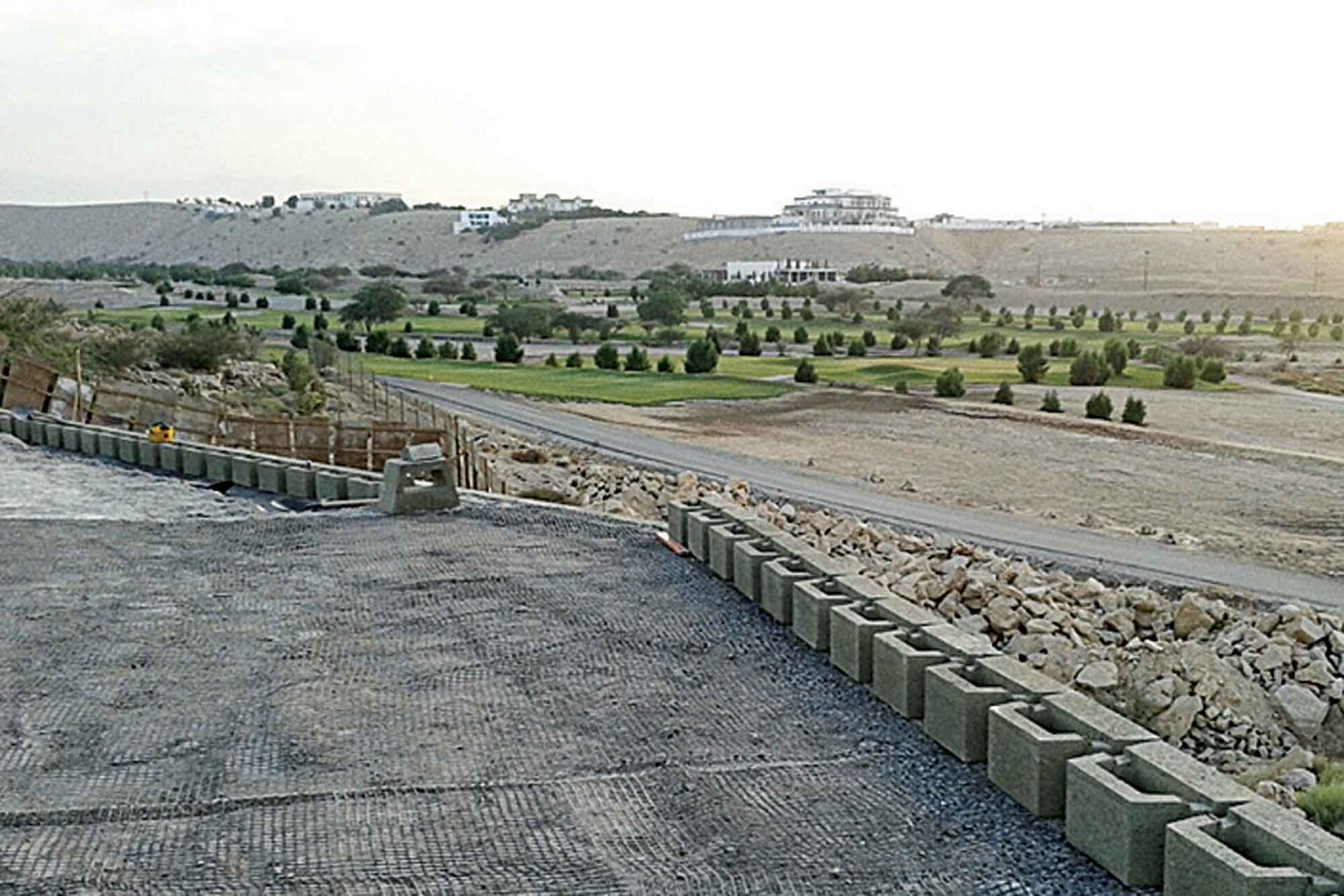The Central Road Research Institute (CRRI), under the Council of Scientific and Industrial Research (CSIR), has been at the forefront of advancing road infrastructure in India.
With a legacy dating back to 1952, CRRI continues to innovate, focusing on sustainability and resilience in road construction. Professor Manoranjan Parida, Director of CRRI and President of the Indian Road Congress, highlighted the increasing adoption of geosynthetics in road construction. These materials, including geotextiles, geogrids, and geomembranes, are particularly beneficial in landslide-prone and ecologically sensitive hilly regions. Their application enhances soil stability, reduces erosion, and improves the overall durability of roadways.
CRRI is actively involved in the National Technical Textile Mission, aiming to train 1,000 B.Tech civil engineering students in the application of geosynthetics for road infrastructure development. This initiative underscores CRRI’s commitment to fostering expertise and promoting sustainable practices in the industry.While the initial investment in geosynthetics may be higher, a life-cycle cost analysis reveals significant long-term savings. The use of these materials can reduce the thickness of pavement layers, leading to decreased material consumption and enhanced road longevity. Additionally, incorporating industrial by-products like steel slag aggregates further extends pavement life, offering an economically viable alternative to conventional materials.
In the past five years, India has seen substantial road development, particularly in border areas, with approximately 28,000 kilometres of road network being constructed. Geosynthetics have proven invaluable in these projects, contributing to the stability and longevity of roads in challenging terrains. CRRI’s research indicates that older bridges often exhibit better structural integrity than newer ones. This highlights the importance of quality construction and adherence to design standards. Professor Parida emphasized that technological diligence and quality assurance are paramount to prevent infrastructure failures.
Recognizing the growing need for tunnel infrastructure, CRRI plans to establish a dedicated centre for tunnel technology. This centre will provide specialized training and research to support the development of safe and efficient tunnel systems across the country. CRRI is exploring the use of various industrial by-products, such as steel slag, red mud, and zinc waste, in road construction. These materials not only reduce environmental impact but also contribute to the sustainability of infrastructure projects.
In an effort to reduce dependency on imported bitumen, CRRI is developing bio-binders from agricultural waste, such as rice husk. These bio-binders can substitute up to 30% of conventional bitumen, promoting eco-friendly and cost-effective road construction practices. CRRI is integrating artificial intelligence and machine learning into traffic engineering and safety initiatives. These technologies aim to enhance road safety operations and improve the efficiency of transport networks.
CRRI’s innovative approaches to road construction, focusing on sustainability, resource efficiency, and technological advancement, are setting new benchmarks in the infrastructure sector. By leveraging geosynthetics, industrial by-products, and cutting-edge technologies, CRRI is contributing to the development of resilient and eco-friendly road infrastructure in India.
Also read : Delhi Government Strengthens Emergency Response Measures


